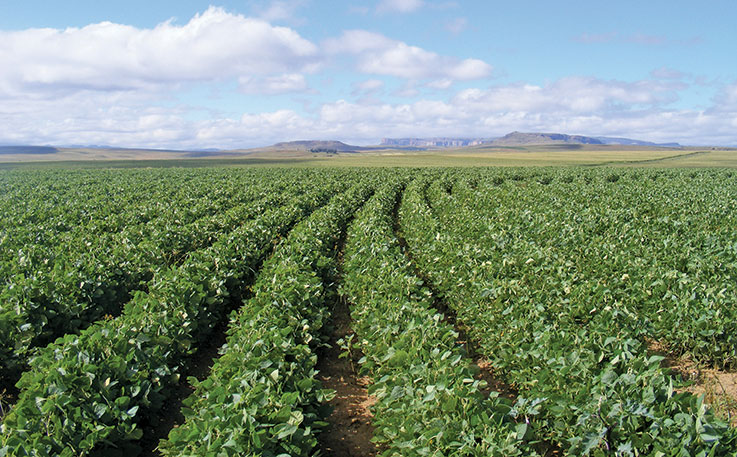
Speaking to Farmer’s Weekly, Scholtemeijer, PRF chairperson, said that in 2015, the organisation had set a target of one million hectares and 2,5 million tons of soya bean by 2020.
“We are also aiming at a crop ratio of 70% maize to 30% soya bean,” he added. The South African ratio is 82% maize to 8% soya bean.
In the US the ratio is 50% maize and 50% soya bean, and it is 18% soya bean to 82% maize in Argentina. South Africa is a relative newcomer to the soya bean industry but could achieve the one million hectare mark by 2020, Scholtemeijer added.
He said maize producers in South Africa have taken far too long to accept soya bean as a complementary and supporting commodity. Instead, they see it as a competing rotational commodity.
As the seed industry in South Africa receives very little statutory protection, it makes it possible for producers to retain grain as seed.
Scholtemeijer said an end-point royalty system (EPRS) is the only solution for South Africa to access the latest cultivars.
Given that South Africa contributes to less than 0,5% of the world’s soya bean production, seed companies are in no hurry to bring the best soya bean cultivars into the country.
Despite the challenges, Scholtemeijer believes the future of soya bean production remains bright: “South Africa is short of protein for animal nutrition as well as edible oil. Even if the present chicken debacle meant that we would reach a level of self-sufficiency within the medium term, [soya bean] surpluses produced in the next five to ten years could be exported.”










